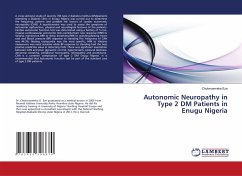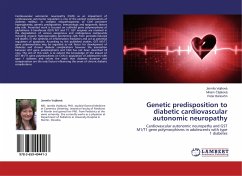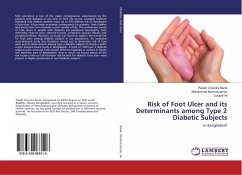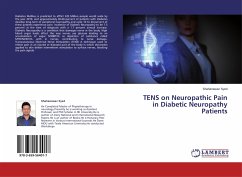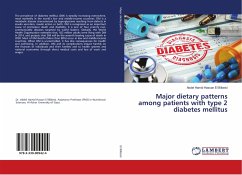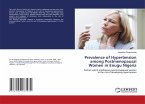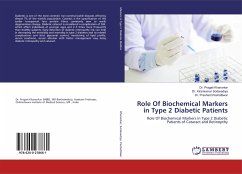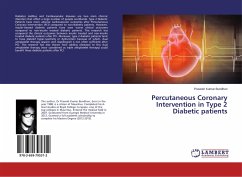A cross sectional study of seventy (70) type 2 diabetes mellitus (DM)patients attending a Diabetic clinic in Enugu Nigeria was carried out to determine the frequency, pattern and possible risk factors of cardiac autonomic neuropathy (CAN). A questionnaire was used to assess the symptoms of autonomic dysfunction, physical and neurological features of the patients. Cardiac autonomic function test was determined using a battery of 5 non-invasive cardiovascular autonomic tests namely Heart rate response (HRR) to Valsalva manoeuvre,HRR to deep breathing,HRR to standing,Resting heart rate and Blood pressure (BP) response to standing.The frequency of CAN was 44.3%. Resting tachycardia was the most specific, HRR to Valsalva manoeuvre was most sensitive while BP response to standing had the best positive predictive value in detecting CAN. There was significant association between CAN and poor glycaemic control, hypertension, postural dizziness, abnormal sweating, peripheral neuropathy, retinopathy and proteinuria. CAN is a common complication of type 2 DM Enugu Nigeria. It is recommended that Autonomic function test be part of the standard care of type 2 DM patients.
Bitte wählen Sie Ihr Anliegen aus.
Rechnungen
Retourenschein anfordern
Bestellstatus
Storno

